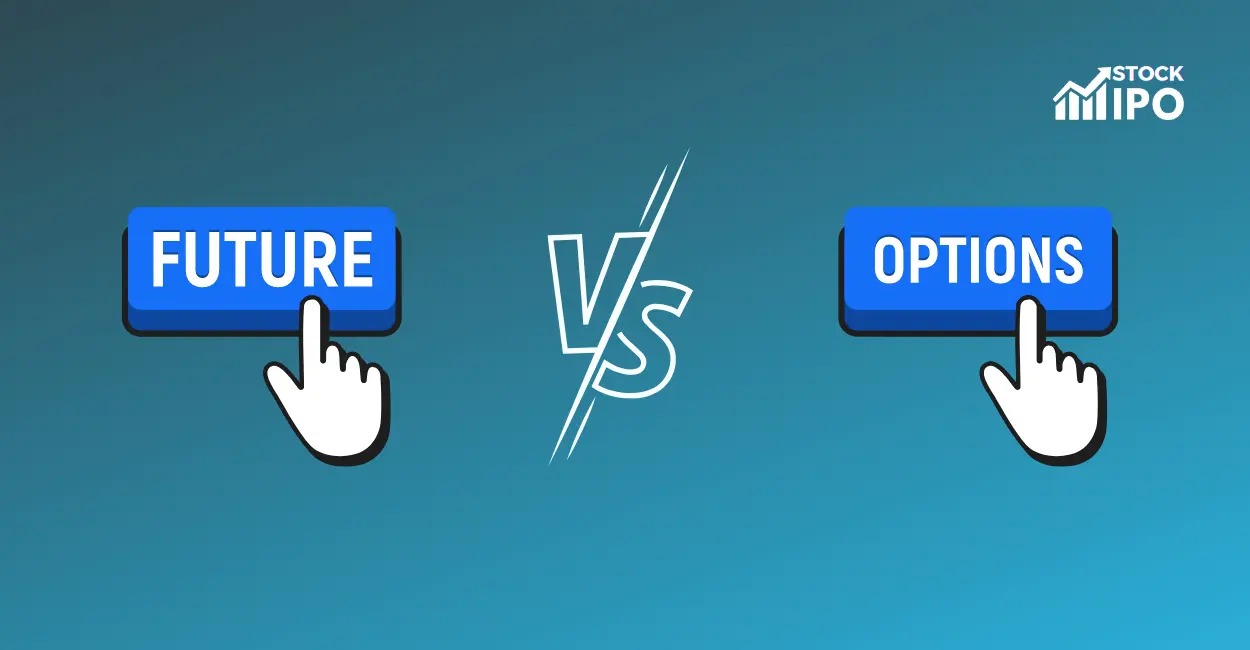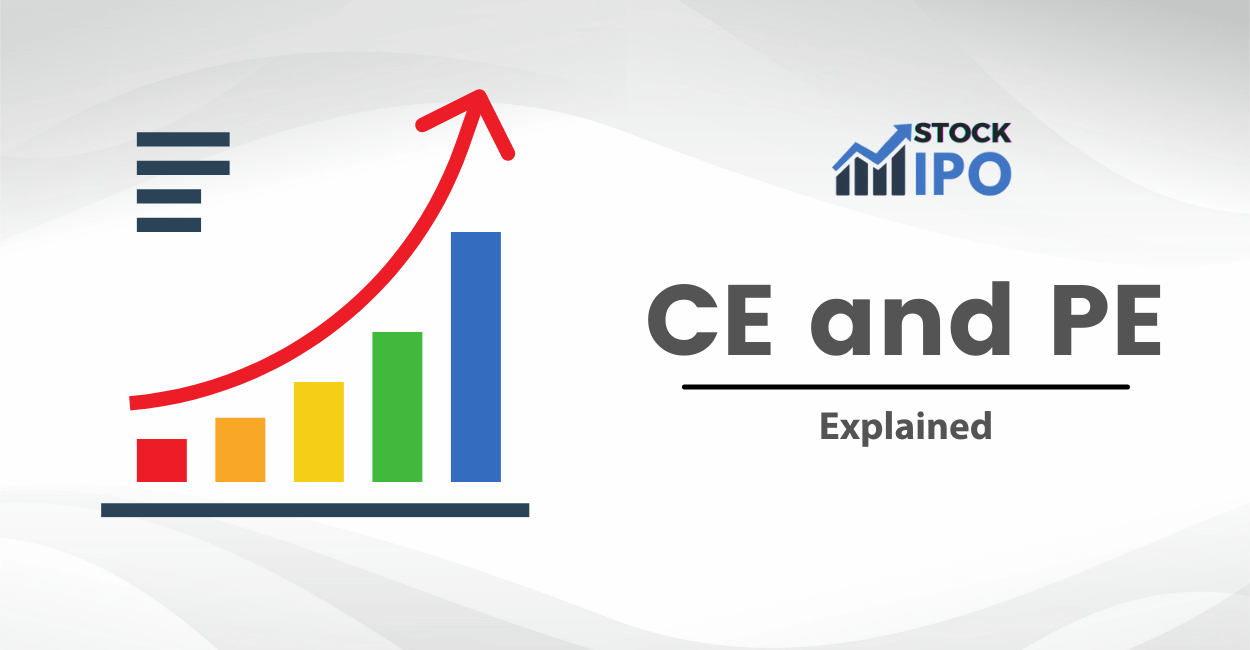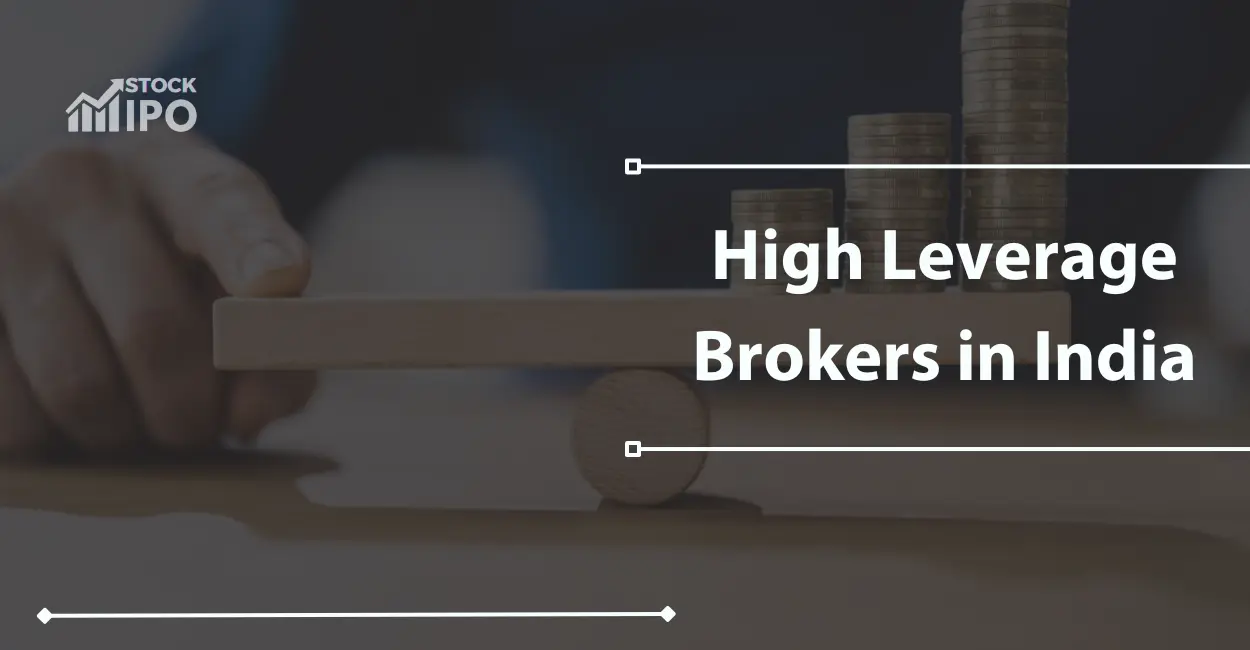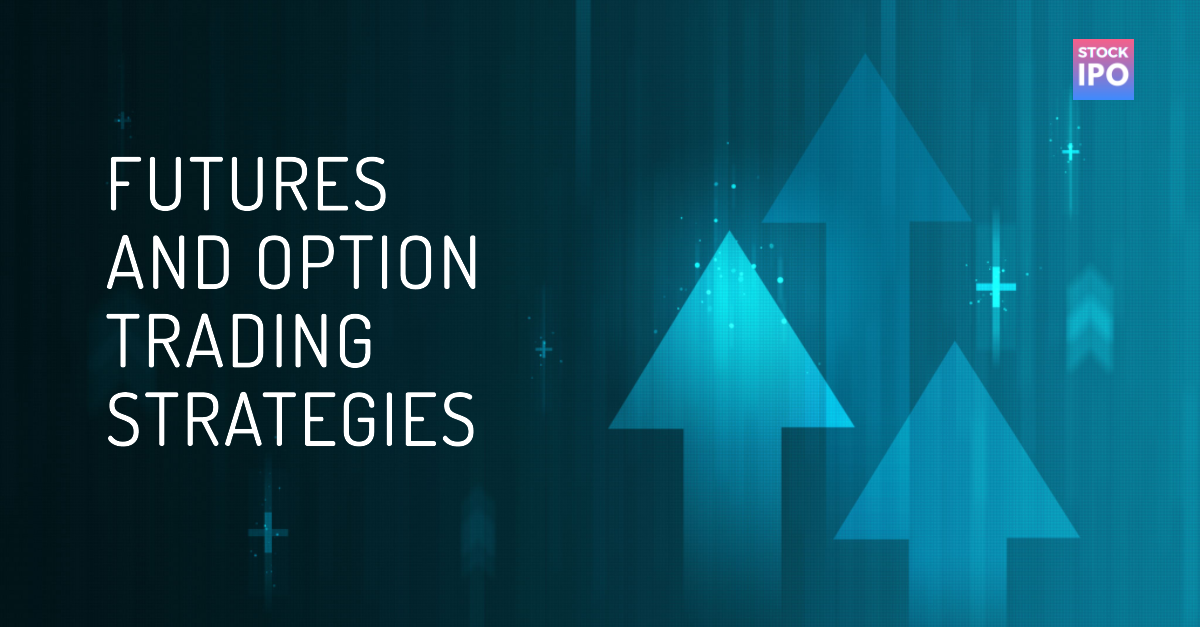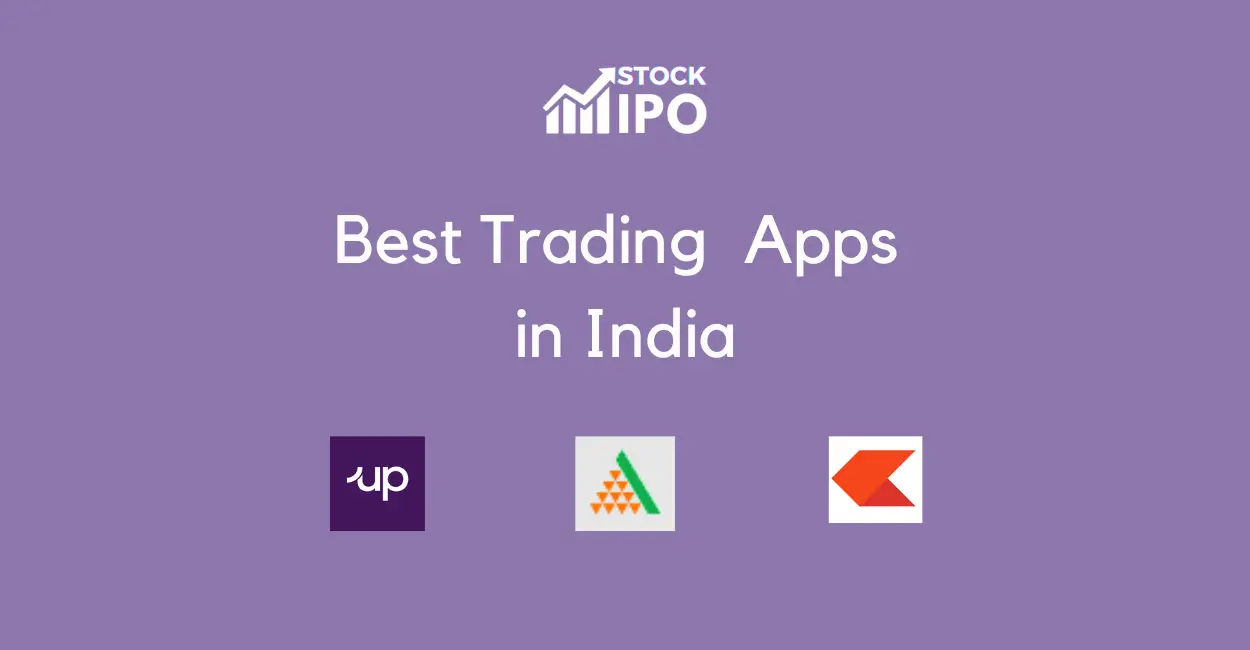If you want to know the most risky aspect of trading or investing in the stock market, you should be made aware of derivatives trading. According to the report published by SEBI, 9 out of every 10 traders in the Futures & Options segment are experiencing net losses in their demat accounts. We could use this to demonstrate the high level of risk associated with derivatives trading.
If there will be a ranking of various asset classes in terms of risk, then at first will be trading in the F&O segment followed by Equity trading and then comes the delivery or Investment.
How does the Equity market and Derivatives market differ?
You can invest in stocks through two markets: the equity market, also known as the spot or cash market, and the derivative market, also known as the futures and options market.
In the cash market, a person invests to take delivery of shares or settle the trade on the same day in order to profit from the price difference. In the derivatives market, on the other hand, an investor or trader enters into a contract to buy or sell shares of a company or index at a future date.
What are Futures?
Futures are financial derivatives whose value is determined by the price of the underlying asset, such as a commodity, stock, currency pair, or index. As a result, if the underlying asset’s value rises, so will the price of the derivative instrument, and vice versa. In a derivative contract, the buyer typically takes a long position, while the seller takes a short position. The agreement requires traders to trade a certain amount of an underlying asset at a specific price and date.
For Instance, Anuj, a maize farmer, is concerned that the crop price will fall at the end of the year, causing him to lose a lot of money when he sells it. As a result, Anuj enters into a derivative contract to mitigate the risk. He determines the price of maize per unit to be ₹10. The price of grain falls to ₹5 in December, posing a problem for many other cornfield farmers. But Anuj is safe because he can sell it to the interested buyer in the deal at the same price and not lose anything.
What are Options?
As the name implies, option trading is a method of trading in an underlying stock, index, or commodity in which you have the option to invest your money based on your expectations about the underlying stock or index trend.
The prices of underlying stocks or indices are influenced by expectations. This enables you to profitably trade in both directions of the market.
Features
- Expiry Date: Each option contract has an expiry date such as in most of the stocks there is a monthly expiry of the option contracts.
- Lot size: Trading in options comes with a lot size, it can’t be bought on a per-unit basis. Nifty options come with a lot size of 50 likewise many stocks under the F&O segment have various lot sizes.
- Strike Price: Option contracts for the underlying stock or index are available at various but fixed prices. This is referred to as the strike price or the exercise price.
Difference Between Futures and Options?
| Futures | Options | |
|---|---|---|
| Definition | A futures contract is a legally binding agreement for the purchase and sale of a financial instrument at a predetermined price on a future date. | Options are contracts in which the investor receives the right but not the obligation to buy or sell a financial instrument at a set price on or before a specific date. |
| Obligation | In case of a Future contract, there is an obligation to execute the contract or take the ownership of the underlying asset. | In case of an Option contract, there are no such obligations that need to be exercised in order to purchase an underlying asset. |
| Method of Payment | In Future contracts only commission is required to be paid. It doesn’t require any sort of advance payments | In Option contracts, premiums are paid which are derived from the underlying asset. Only a minimal percentage of the entire underlying asset amount. |
| Volatility | Future contracts are less volatile to the price changes in the underlying asset. | On the other hand, Options contracts have high volatility as the price of the contract reacts sharply to the price changes in underlying assets. |
| Associated Risk | Futures are associated with high risk of losing unlimited money. | Whereas Options have limited risk up to the amount invested. |
| Intensity of Gain | Future contracts are associated with unlimited gains and unlimited losses. | On the other hand, Option contracts are associated with unlimited gains and limited losses. |
| Benefit of Theta Decay or Time value | A trader of futures cannot benefit through theta decay or time value of money. | Whereas a trader of options contract( especially Option selling) can get benefited through theta decay or time value of money. |
Conclusion
Futures and Options are those asset classes which are known for providing explosive returns to the disciplined traders in return of huge risk. Along with this trading in futures and options requires enormous capital, due to which in order to trade in the segment one has to activate it by providing their income statement to their respective broker. Which is ultimately verified by the respective brokers. Therefore, the Securities and Exchange Board of India (SEBI) through their rules and regulations makes the market safe and deserving for those who can afford it.
As an investor or a trader you must make decisions based on your risk tolerance and investment objectives. As previously stated, futures involve more risk because you must bear the brunt of any price changes. In the event of a price change that is unfavorable, your losses are limited to the premium that you have paid. However, the chances of profiting from futures are greater than those of options.

